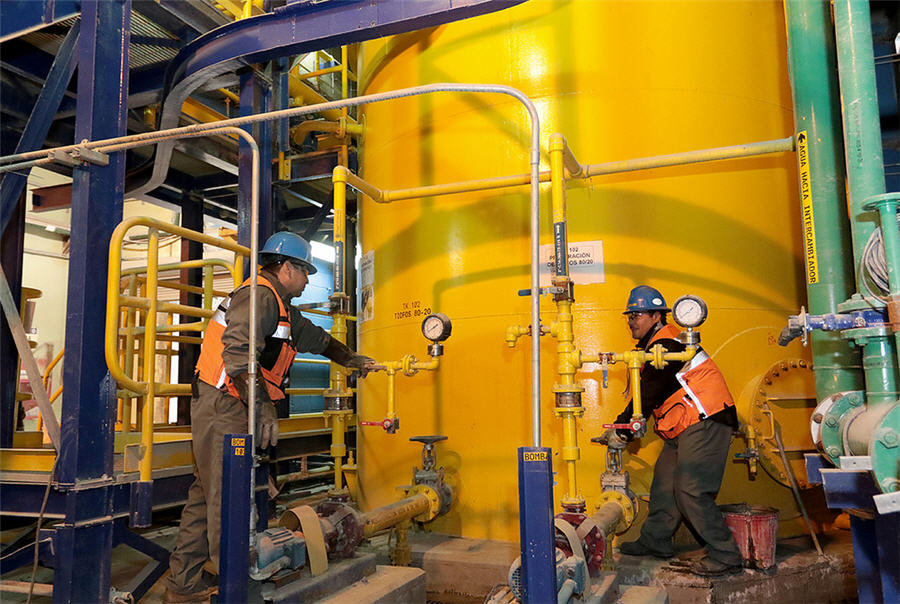
LONDON, Oct 9 (Reuters) – Chile’s state-owned miner Codelco, the world’s largest copper producer, plans to raise up to $1 billion next year to help finance the overhaul of its existing mines, Chairman Juan Benavides said on Tuesday.
Codelco has the capability, experience and know-how for the development of open-pit and underground mines around the world.
Benavides also said the company was looking at exploration projects in Brazil, Ecuador and Kazakhstan and that plans laid out more than two years ago to invest in Mongolia had been shelved for now.
Codelco has an ambitious investment programme to cut costs and boost productivity at its Chilean mines at a cost of $40 billion over 10 years, as it seeks to maintain production despite rapidly falling ore grades at its deposits.
“We will issue a maximum of $1 billion of debt in 2019, we don’t know where yet. It will be where the best benefits are in terms of cost, flexibility and interest,” Benavides said, adding that much of the $40 billion would come from cash flow.
The miner raised $600 million this year in Taiwan by issuing a 30-year bond and Chile’s government has committed to give Codelco $1 billion for its investment programme.
Codelco’s main focus over coming years will be on Chile and extending the life of its mines, which include Chuquicamata and El Teniente.
Earlier this year, Codelco announced a $4.881 billion investment to convert its open-cast Chuquicamata mine into an underground facility and extend its life by 50 years.
“Chuquicamata is on target, we will see it processing by the middle of next year, July probably. Initially it will produce 275,000 tonnes of copper a year and by 2025 we expect it to produce about 350,000 tonnes,” Benavides said.
Chuquicamata produced 330,900 tonnes of copper in 2017, out of Codelco’s total of 1.734 million tonnes.
About 60 percent of the $40 billion or about $24 billion is for structural projects to extend the life of mines. The other 40 percent is for projects that include improving smelter operations and renewing equipment and machinery.
“We are exploring in Ecuador, Brazil and have an agreement to collaborate with Kazakhstan. Mongolia is something we looked at, but we’re not advancing that.”
The company expects to keep costs of production steady at around $2.20 a lb or about $4,850 a tonne.
(By Pratima Desai; Editing by Veronica Brown and Dale Hudson)